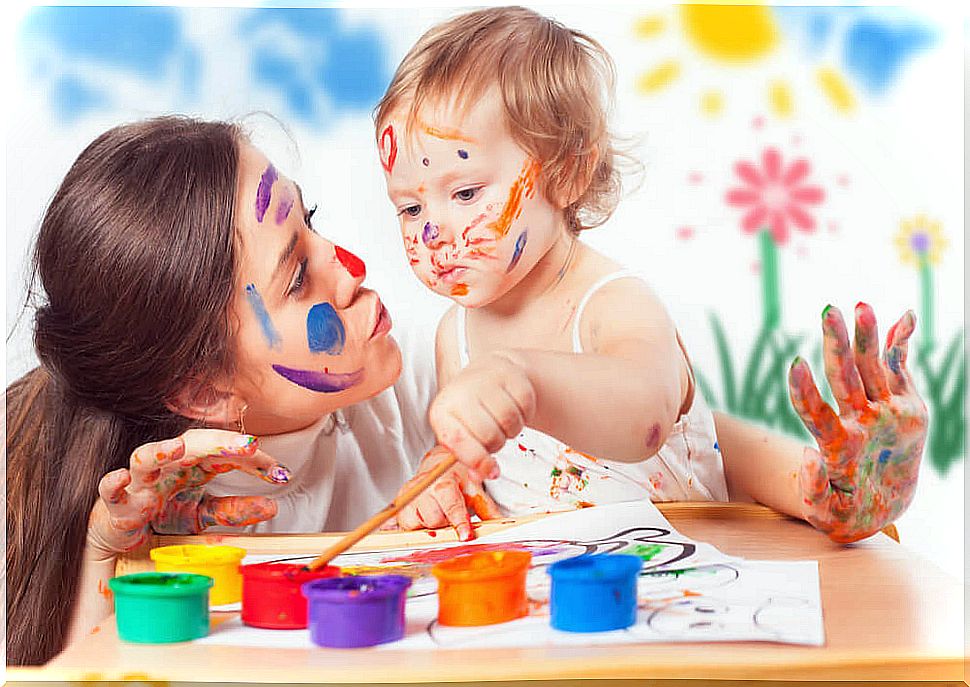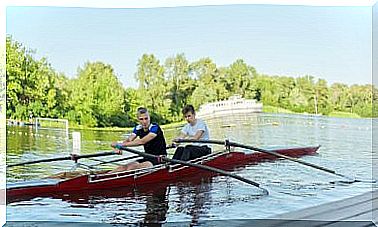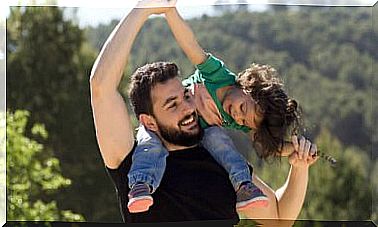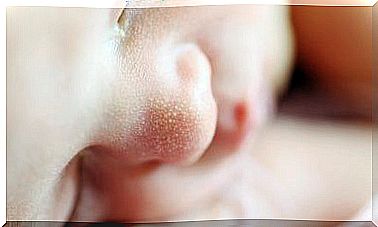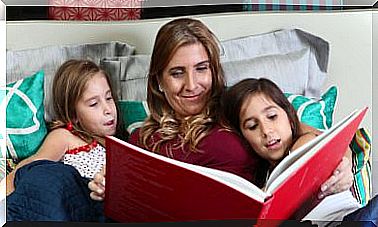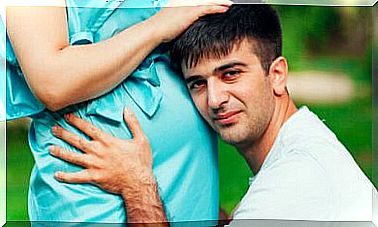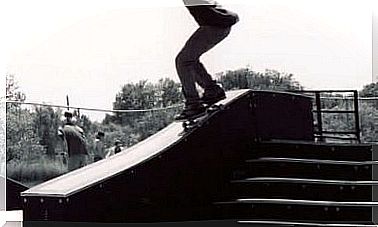How To Know If My Child Needs Early Care
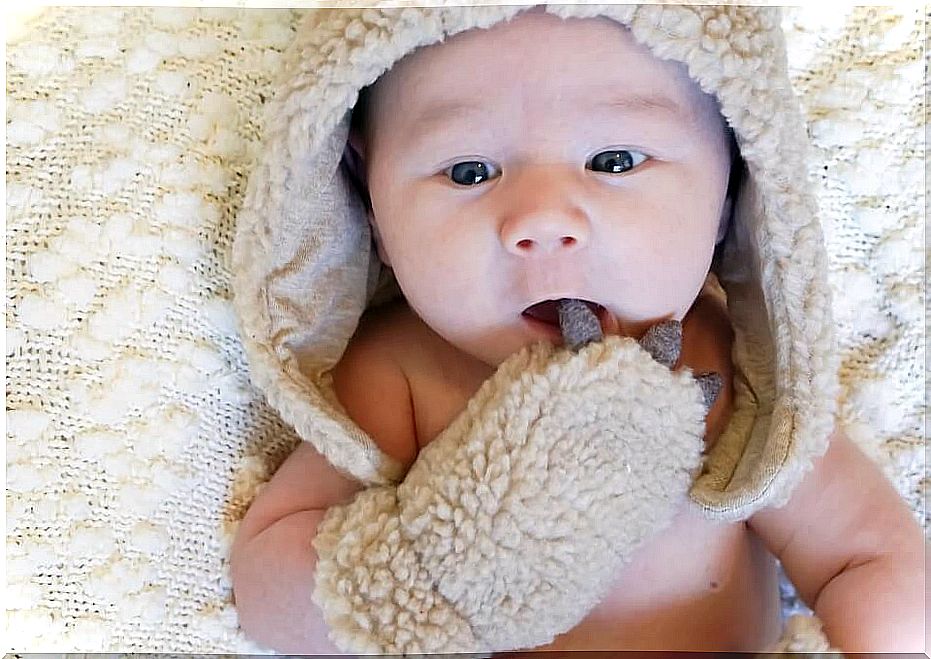
Having to bring a child to early care is not easy for parents to accept. But it is clear that if a child needs it, something that is not very common, it is best to do it as soon as possible to solve the problem and / or prevent it from getting worse.
However, how do we know if we need to get our child to early care? Not only is it not easy to accept, sometimes it is not easy to discover either. But with the help of educators and family, we can find the formula to clarify the problem.
Child’s achievements to know if he needs early care
El Cenit, the center specialized in early care in Spain, made an indicative list of achievements that the child should achieve according to the stage in which they are. Today we will discuss these achievements … But do not think that because your child does not meet one of them, specialized care is required. The participation of a professional is necessary to make the decision.
From 0 to 6 months the first stage of early care
The first stage that you specify in Cenit is from 0 to 6 months. The center establishes a series of achievements at different levels, from motor to cognitive, through their ability to socialize, communicate and play.
In this first stage, the child must be able to hold objects with his hand and support his head when sitting at the motor level. You can now shake objects and follow them until they disappear, smile and respond to stimuli. Find out who is speaking to you, repeat sounds, imitate gestures and play with your hands and feet.
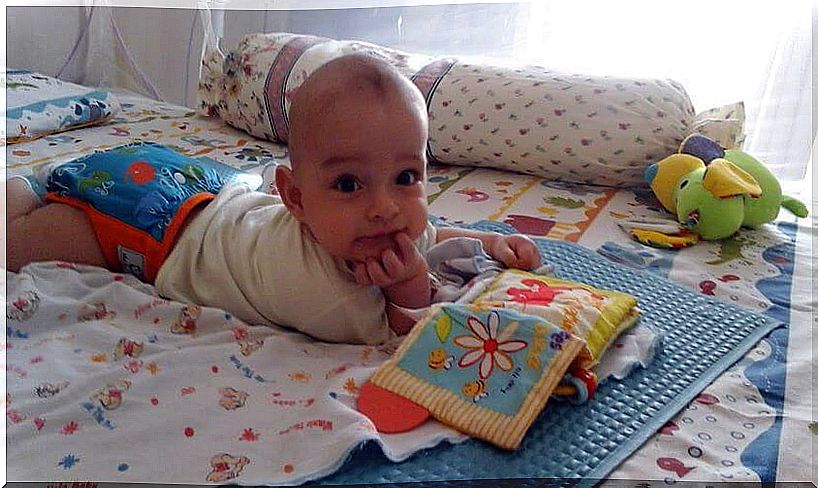
From 6 to 12 months
In this second stage, according to the Zenith, at the motor level the child sits without support, crawls, stands up with help and uses his fingers to pinch objects. He claps his hands and passes objects from hand to hand. You can put the spoon in your mouth, discover hidden objects, or cover your face. Responds to their name, imitates gestures, responds when spoken to with sounds, and reacts to “no.” He can also use meaningful words and is able to play peekaboo, throw things, or hit.
12 to 18 months
In the next stage, the child can climb small stairs, stands up and walks alone. You can now build towers with simple toys and doodling. He also takes toys out of containers and points to their body parts.
You can turn pages of a book, imitate other children, watch for an activity, hand out books and things, attract attention with sounds, follow simple commands, or respond to their name. You will even be able to distinguish different words and their meaning. He already plays with rolling objects or dragging toys.
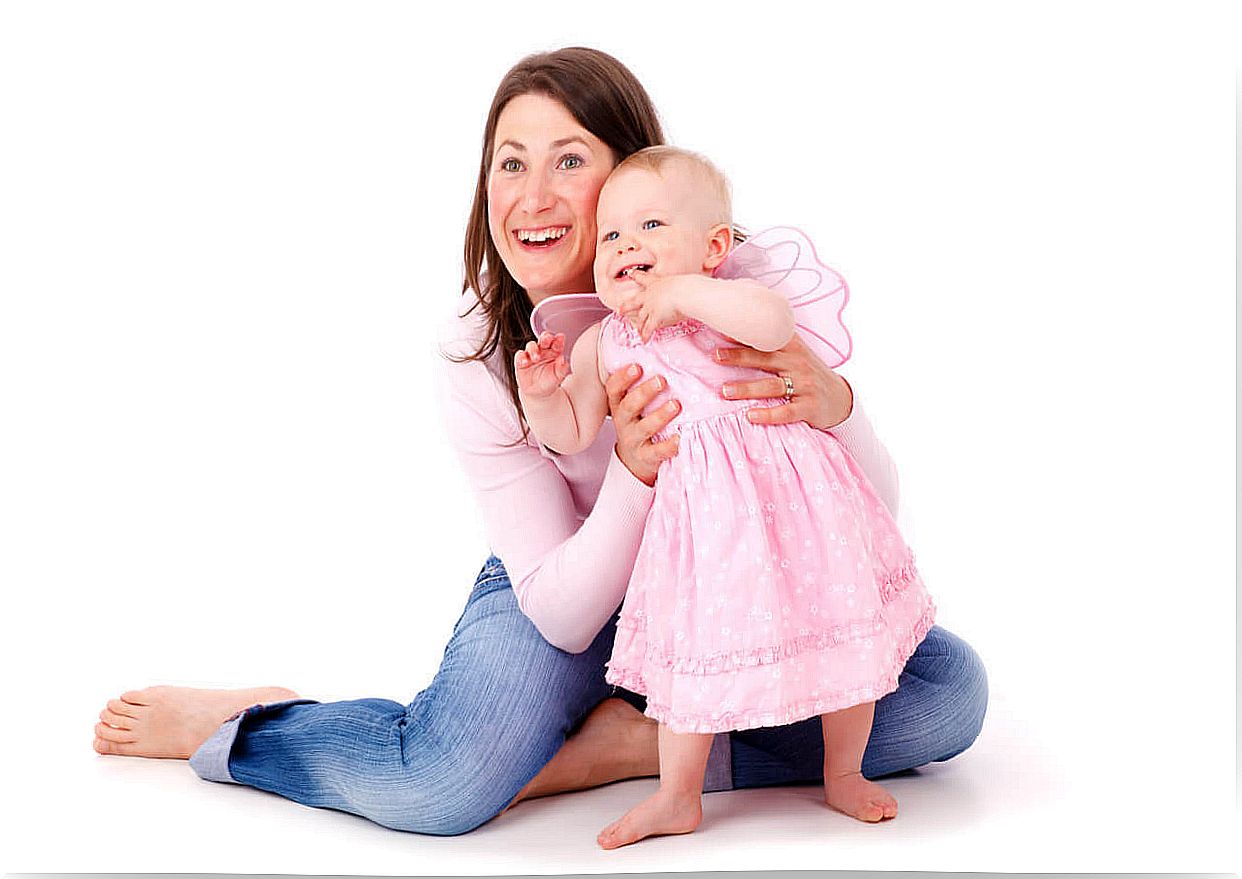
From 18 to 24 months
The stage comes when the boy runs and coordinates movements, kicks and can stand on one foot. He can build tall towers, doodling with some sense, holds brushes, and mimics objects with toys.
Simulates games of everyday life and is able to point to named figures. He also approaches other children, plays with others, shares if asked, identifies objects and says their name. He is a great imitator and shows a preference for certain toys.
From 24 to 30 months
At these ages, the child has a motor development that allows him to jump, squat or walk backwards. You can string balls on string, draw vertical lines, and turn book pages with ease.
He will be able to point out if asked, group colors and obey the educators almost always. He will also carry objects and imitate adult actions. Understand prepositions, create more complex sentences, use pronouns, run, climb, and play mom and dad.
From 30 to 36 months is the last stage of Early Intervention
Finally, the Zenith establishes a last stage for early care that goes from 30 to 36 months. In this phase the child can run if he falls, kicks a large ball or throws balls in the direction he wants. Fold papers, make balls of play dough, or hold the pencil safely.
Already distinguishes numbers and objects, begins to remember events, expresses and understands feelings, participates in games and demands attention. Use language, dance and sing, and answer questions. Games no longer have to be so busy, he likes others such as constructions and progresses in the symbolic game of everyday situations.
These are the stages and some of the achievements that most children are achieving. However, check the Cenit website to make sure of the situation your child is in. If you notice something strange, consult with your educators so that you can make a decision together.
